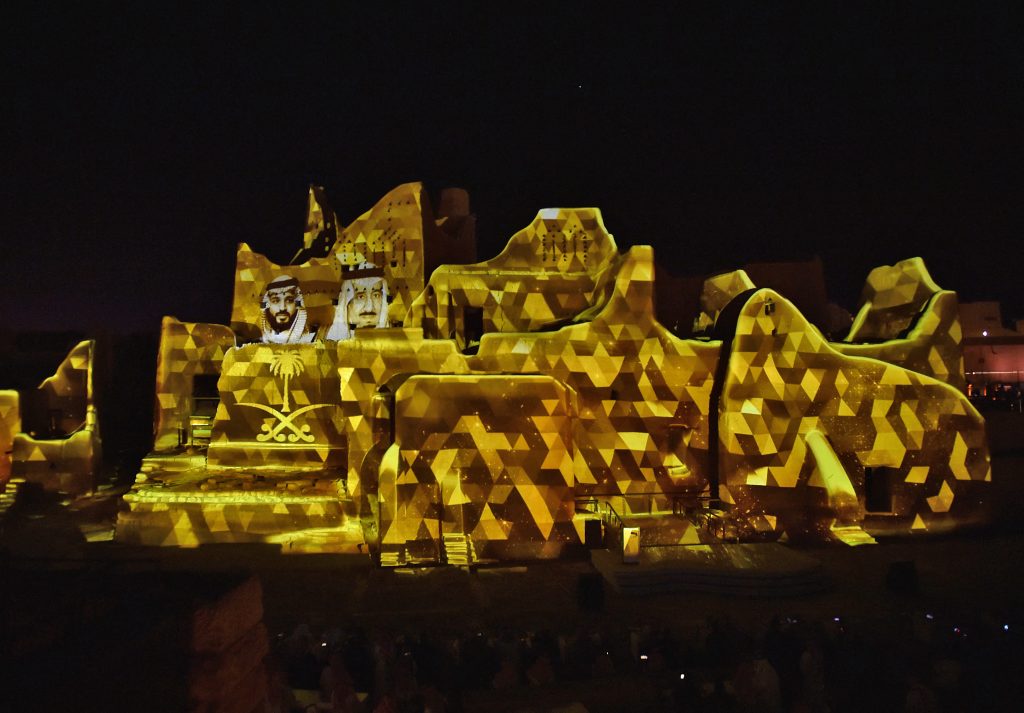
- ARAB NEWS
- 05 Jul 2025

On Sept. 23, Saudis will mark their National Day to commemorate the reunification of their country 90 years ago.
From the liberation of Riyadh in 1902 until the unity proclamation in 1932, King Abdulaziz led a spirited army of desert warriors to consolidate his realm, turning about a dozen separate and warring principalities into one large country, more than six times the size of Germany and comprising about 70 percent of the Arabian Peninsula.
That rapid reunification was done with very limited means. Oil was not discovered in Saudi Arabia until 1938 and it did not contribute much to the public treasury until after the Second World War. In 1932, the country’s budget was a miniscule $4 million. Compare that to this year’s budget of more than $250 billion.
During the time since the retaking of Riyadh, but especially during the nine decades since unification, the country has been transformed from a politically unstable, impoverished backwater to an economic powerhouse, the largest economy in the region and the 18th-largest worldwide.
Its gross domestic product went up from about $12 million in 1932 to more than $1 trillion in 2022, or more than an 80,000-times increase during those 90 years.
Besides the enormous growth in the Kingdom’s economic fortunes, health indicators have radically changed for the better. Life expectancy, for example, has risen from less than 40 years in 1932 to more than 75 today. The literacy rate has also increased dramatically, from single digits in 1932 to more than 97 percent. And so on with almost every other social indicator.
The internal security transformation of the Arabian heartland is one of the most enduring achievements of King Abdulaziz. Until he unified the country, it was difficult to travel or trade because of tribal wars and highwaymen in almost every region. Internecine fighting was the norm among the many fiefdoms and tribes that dominated the political and security landscape. His success in ending all of that infighting was one of his most notable legacies.
King Abdulaziz’s success was especially impressive in light of the strong opposition he faced from the Ottoman Empire and its local proxies.
The Ottomans controlled both the eastern and western parts of Saudi Arabia and kept significant garrisons in other parts of the country. In the heartland, they employed vassals armed and funded by the High Porte. The capital Riyadh was occupied by one of those proxies, which Abdulaziz had to dislodge.
Britain also eyed the reunification with suspicion, as it sought to immunize its areas of influence from the new spirit of unification. London had a notable footprint throughout the region, along the Gulf, southern Yemen and, after the First World War, in Iraq, Jordan and elsewhere.
King Abdulaziz skillfully avoided major direct confrontations with either Britain or Turkey, focusing instead on his unification project. He was also driven by a desire to restore his family’s rule and honor. Ibn Saud’s forefathers established their emirate in 1727 in Diriyah, a small hamlet just north of Riyadh.
The internal security transformation of the Arabian heartland is one of the most enduring achievements of King Abdulaziz
Abdel Aziz Aluwaisheg
Within a few decades, they had extended their rule to cover most of the Arabian Peninsula, until the Ottomans sent expeditions to suppress the movement and destroy Diriyah in 1818 after many bloody battles.
The fall of the capital was followed by attempts to restore the Saud family’s rule, but that involved fighting the Ottomans’ persistent opposition to such efforts, especially as a local proxy succeeded in taking the new capital, Riyadh, in 1890, forcing Abdulaziz’s father into exile together with his family, including Abdulaziz, who witnessed the humiliation as a teenager and was no doubt affected by it.
The story of Abdulaziz’s victorious return to Riyadh 12 years later is the stuff of legend, as he and his few dozen men rid the city of its last Ottoman vassal and started the unification of the country, town by town, until the proclamation on Sept. 23, 1932, of his huge realm renamed the Kingdom of Saudi Arabia, in recognition of his heroic efforts.
Saudi National Day is usually an opportunity for families to relive the events leading up to the unification of their country and celebrate what the Kingdom has achieved through the unification and integration of its diverse regions.
There are at least three important lessons that families teach their children when retelling that story. First, Abdulaziz succeeded despite the fact that his opponents were more numerous and better-armed and funded.
He was driven by a strong ambition and determination, which made up for the difference. He lost numerous battles and was at times seriously wounded personally, but was able to regroup and fight the next battle until he succeeded.
Second, he did not rely on sheer power, but was a consensus builder and skilled diplomat who turned enemies into allies. He forgave his former opponents and enlisted them in his service whenever he could. In one famous case, he pardoned a tribal leader several times despite his repeated betrayals.
But surely the most important lesson is the fruits of unity and integration. Older people especially appreciate the security transformation of the country, with people and goods able to move freely and safely throughout the Kingdom after centuries of fear and lawlessness.
Younger people enjoy the growing wealth and status of their country, which has been transformed from a backwater territory nine decades ago, barely subsisting and without much material wealth, to one of the largest economies in the world. Of course, oil was part of the story, but just a part.
Dr. Abdel Aziz Aluwaisheg is the GCC assistant secretary-general for political affairs and negotiation, and a columnist for Arab News. The views expressed in this piece are personal and do not necessarily represent GCC views. Twitter: @abuhamad1